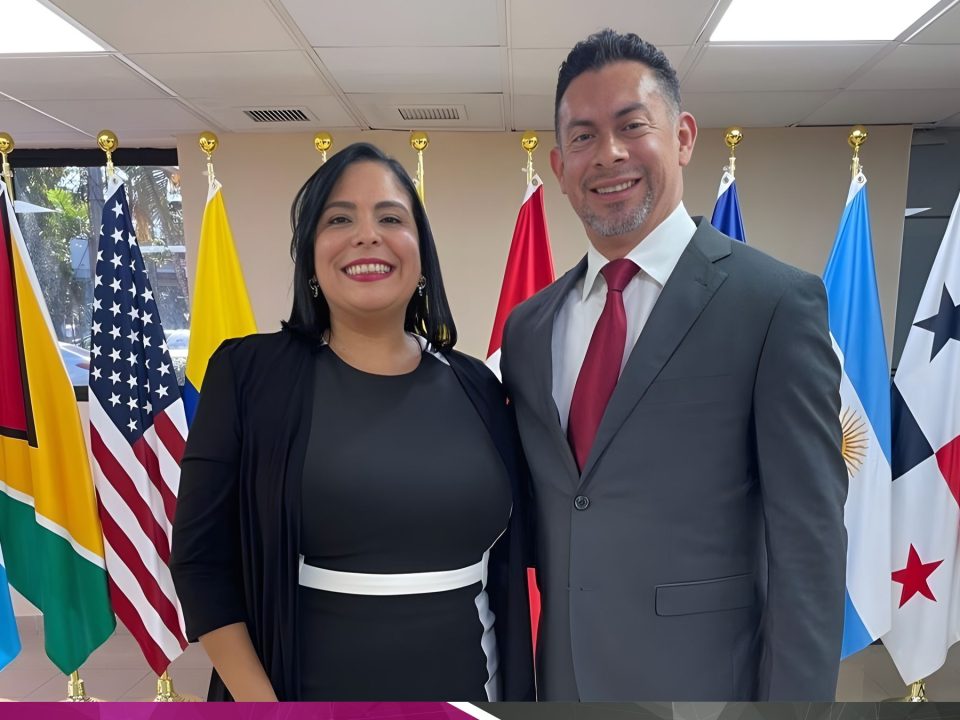
For Non-Lawyers: Tips for Potential Litigation
20/06/2024
Capital Markets in Panama
10/07/2024By: Nicole M. Fernández Wellman – Associate

On March 21st , Law 424 of 2024, which promotes culture, education, and entrepreneurship through the creative economy, was published in the Official Gazette.
The primary goal of this law is to develop and promote the creative economy and its educational and cultural components by establishing public policies, actions, programs, and appropriate instruments.
The creative economy is defined as a broad and transversal productive sector that encompasses various economic activities applying creativity and intellectual property to generate economic and cultural value. The law defines a Creative Company as enterprises and businesses that create, develop, produce, distribute, and market creative goods, services, and content such as publishing houses, design studios, advertising agencies, audiovisual producers, video game or software companies, among others.
The law outlines ten specific objectives, including:
- Developing the creative economy ecosystem
- Promoting education in culture, entrepreneurship, and creative industries
- Providing conditions to generate employment in the creative economy sector
- Strengthening and equipping spaces for the development of creative, cultural, and artistic activities
- Establishing institutional coordination mechanisms for generating and implementing public policies for the creative economy.
The law also includes an article promoting incentives for the development and strengthening of the creative economy, managed by the Ministry of Culture through the National Directorate of Creative Economy. These incentives include tax incentives, competitive funds, training, facilitation of import and export processes for goods, services, content, and creative and cultural experiences, migration facilitation, and the establishment of strategic sectoral incentives such as tax exemptions, investment funds, international technical cooperation with third countries and bilateral organizations, public-private partnerships, sovereign guarantees, infrastructure investment, among others.
As a financing mechanism, the law stipulates that the Micro, Small, and Medium Enterprise Authority (AMPYME) will create special financing mechanisms for creative and/or cultural enterprises through the current legal instruments.
It is expected that the Executive Branch will soon publish the regulations for the implementation of this law.








